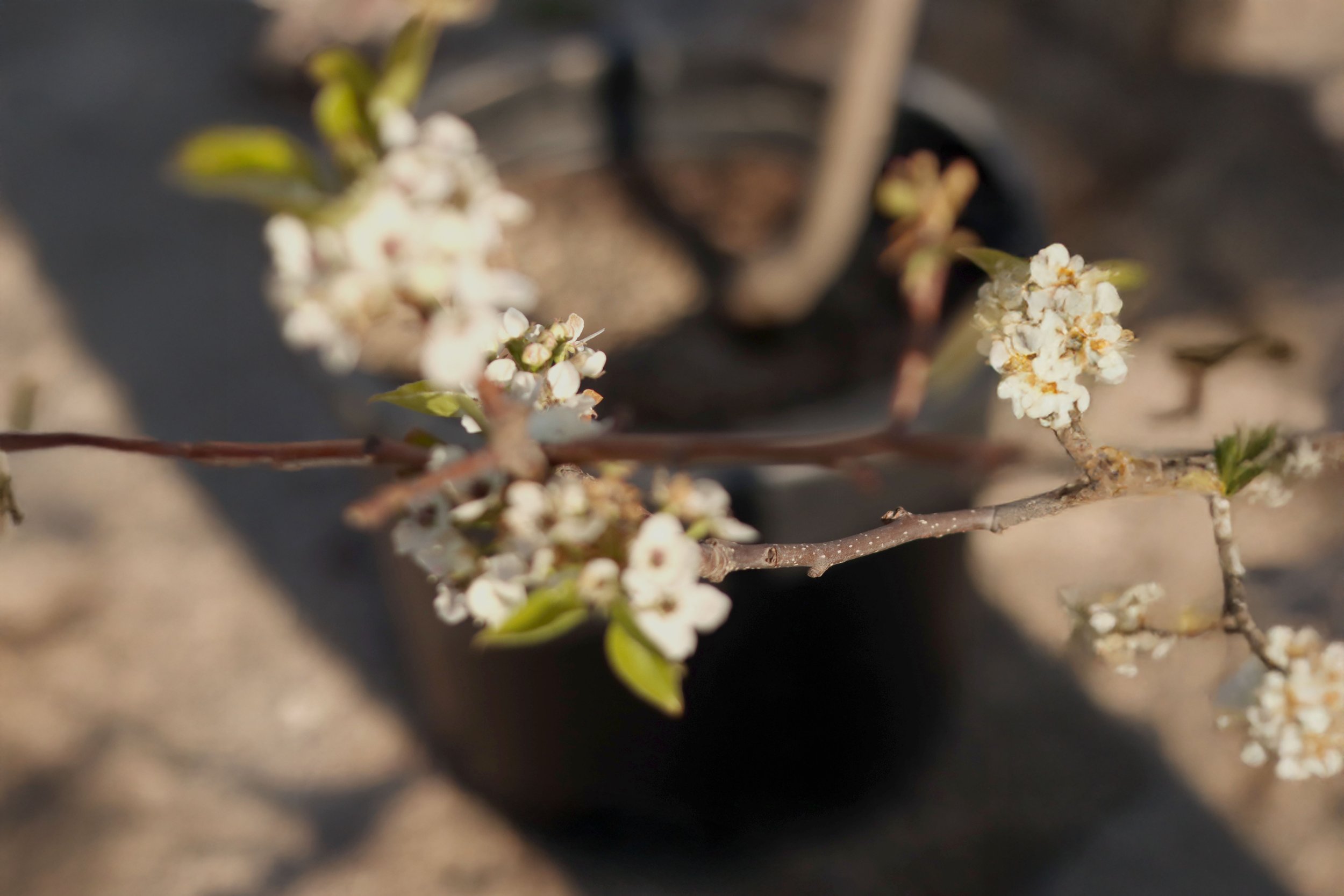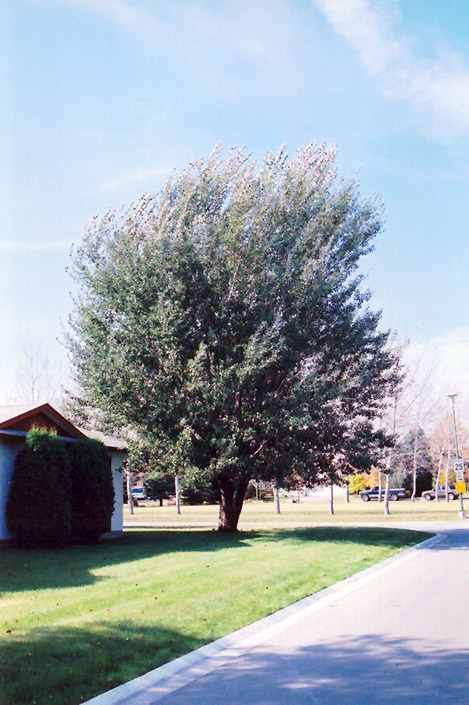
PLANT SEARCH
Height: 60 feet
Spread: 50 feet
Sunlight:
![]()
Hardiness Zone: 2
Other Names: Silver Poplar
Description:
An ornamental shade tree with stunning silvery leaves that shimmer in the wind, fast growing; somewhat susceptible to disease and wind breakage, roots can be aggressive, tends to sucker at great distances so use where this is not an issue
Ornamental Features
White Poplar has attractive white foliage with silver undersides on a tree with an oval habit of growth. The fuzzy lobed leaves are highly ornamental but do not develop any appreciable fall color. However, the fruit can be messy in the landscape and may require occasional clean-up.
Landscape Attributes
White Poplar is a deciduous tree with a shapely oval form. Its relatively coarse texture can be used to stand it apart from other landscape plants with finer foliage.
This is a high maintenance tree that will require regular care and upkeep, and is best pruned in late winter once the threat of extreme cold has passed. Gardeners should be aware of the following characteristic(s) that may warrant special consideration;
- Suckering
- Invasive
- Insects
- Disease
White Poplar is recommended for the following landscape applications;
- Shade
Planting & Growing
White Poplar will grow to be about 60 feet tall at maturity, with a spread of 50 feet. It has a low canopy with a typical clearance of 5 feet from the ground, and should not be planted underneath power lines. It grows at a fast rate, and under ideal conditions can be expected to live for 50 years or more.
This tree should only be grown in full sunlight. It is an amazingly adaptable plant, tolerating both dry conditions and even some standing water. It is considered to be drought-tolerant, and thus makes an ideal choice for xeriscaping or the moisture-conserving landscape. It is not particular as to soil type or pH, and is able to handle environmental salt. It is highly tolerant of urban pollution and will even thrive in inner city environments. This species is not originally from North America.

